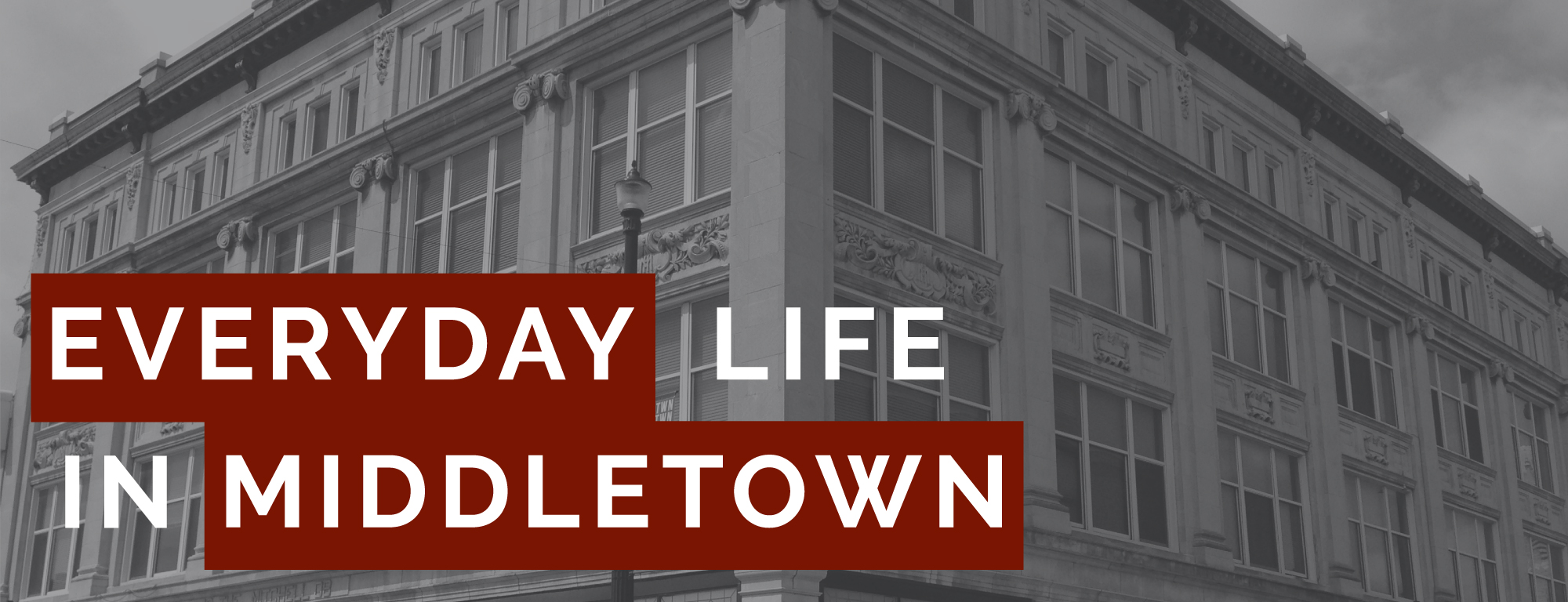It’s become a veritable cliché of pandemic life: our ways of experiencing time seem to be warped or broken. Days or weeks seem interminable while months fly by.
“It’s been slow and fast going all at once,” one of our volunteer writers noted in April.
“Quarantine has been going on for a month and a half, but it feels like it has been happening forever,” wrote another.
“Everything changed so quickly, but also so slowly,” wrote a third. She continued: “I felt like restrictions and guidance should have been set sooner, but still felt like everything was constantly changing. I’ve never felt this before.”
* * * * * * *
A number of factors seem to be combining to scramble our sense of time.
For much of the last year, many of us have been forced to abandon long-established routines, with new, seemingly temporary ones taking their place. Many switched from working in offices to working at home, many of those with white-collar jobs returning to modified, on-site work in the late summer or fall. This has meant not just one but a series of changes to routine, with varying amounts of warning and intensities of disruption.
Perhaps the predominant characteristic of everyday time is repetition. But with working conditions, health advice, and forecasts for the future constantly evolving, patterns in daily life have tended to be provisional and short-lived.
At the same time, with socializing, eating out, and travel curtailed, daily life is simultaneously—and strangely—less eventful and less routine. Have you found yourself at pains to come up with an answer when a friend asks “What’s new?”
The larger calendar has also transformed radically. Gathering rituals that mark off the annual cycle have been rendered impossible or reduced to a small vestige of themselves. Periods of months, unmarked by these breaks, lose their distinctness.
* * * * * * *
And, perhaps most profoundly, medium-range planning has been rendered dicey or impossible.
Through our day diaries and directives, we’ve been gathering reports of everyday life in Muncie for almost five years. One of the most profound patterns we’ve noticed is that everyday consciousness tends to be focused not on the present but on the near future: what’s ahead on the day’s calendar, what’s coming later in the week, what’s the next big thing to look forward to.
The pandemic has drastically undermined the stability of this near future. It is just now, tentatively, beginning to come back, as more and more Americans get vaccinated and officials begin to issue cautiously optimistic visions of the summer and the fall.
Last April, with the initial disruptions very fresh, our writers submitted a directive on how the pandemic had impacted their daily lives. This loss of the immediate future was very present and painful.
“There is no foreseeable future,” wrote one volunteer. “It’s one day at a time. Then another.”
“I’m also doing a little planning for next year,” wrote another, “but that is limited by our lack of any real sense of what kind of world we will be living in a few months from now.”
Even on Jan. 3, 10 months into the pandemic, one of our writers noted her hesitation to plan anything. “I remember multiple instances last spring of thinking our pandemic normal would have subsided by July, then August, then October, then…While it does seem a resolution is at hand, how long will it take to play out? I just don’t feel comfortable circling a date on the calendar anymore.”
* * * * * * *
At EDLM, we’re interested in zeroing in further on how we experience time in daily life, how the pandemic has disrupted this process, and how things are changing as the skies ahead brighten, albeit uncertainly.
On April 1, we will ask our volunteers to keep a diary paying special attention to their awareness of time. Here is a draft prompt for the diary:
How do you manage and experience time?
Some time during the week of April 1-8, pay attention to moments when you are aware of time; record these moments and what is happening—both in the world around you and in your thoughts and emotions—and submit one to two single-spaced pages describing as much as you can capture about your experience of time.
Questions to consider in preparing your answer:
•How did the schedules of other people influence when or how you did things?
•How much flexibility do you have over the timing of your activities? When is punctuality important and when can you relax about being on time?
•How has the pandemic influenced your experience of time during this week?
•How much of your ordinary activities require planning in advance?
•When do/did you feel rushed and pressed for time? When do/did you feel the least time pressure?
•When did time seem to slow down or speed up?
•How much time do you spend thinking about the past or the future? How much time do you spend absorbed in the present moment?
If you have any comments on the prompt (or anything in this blog post), please feel free to respond below. And please watch this blog and our website for our volunteers’ responses later this spring. And consider joining us, or inviting your friends to take part in this survey.

